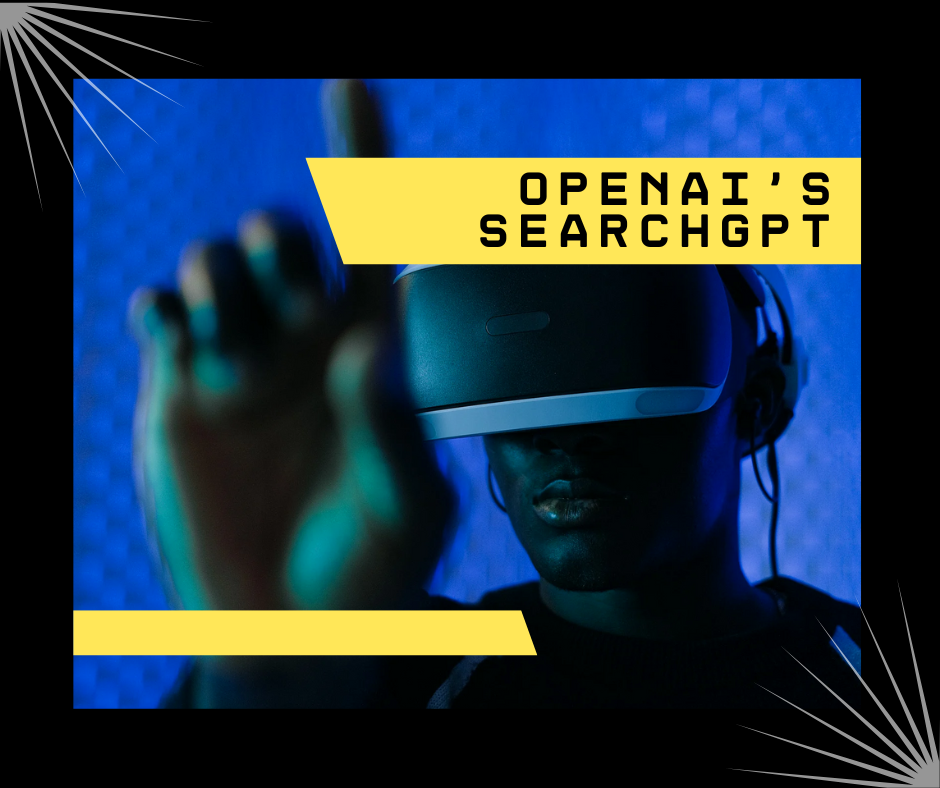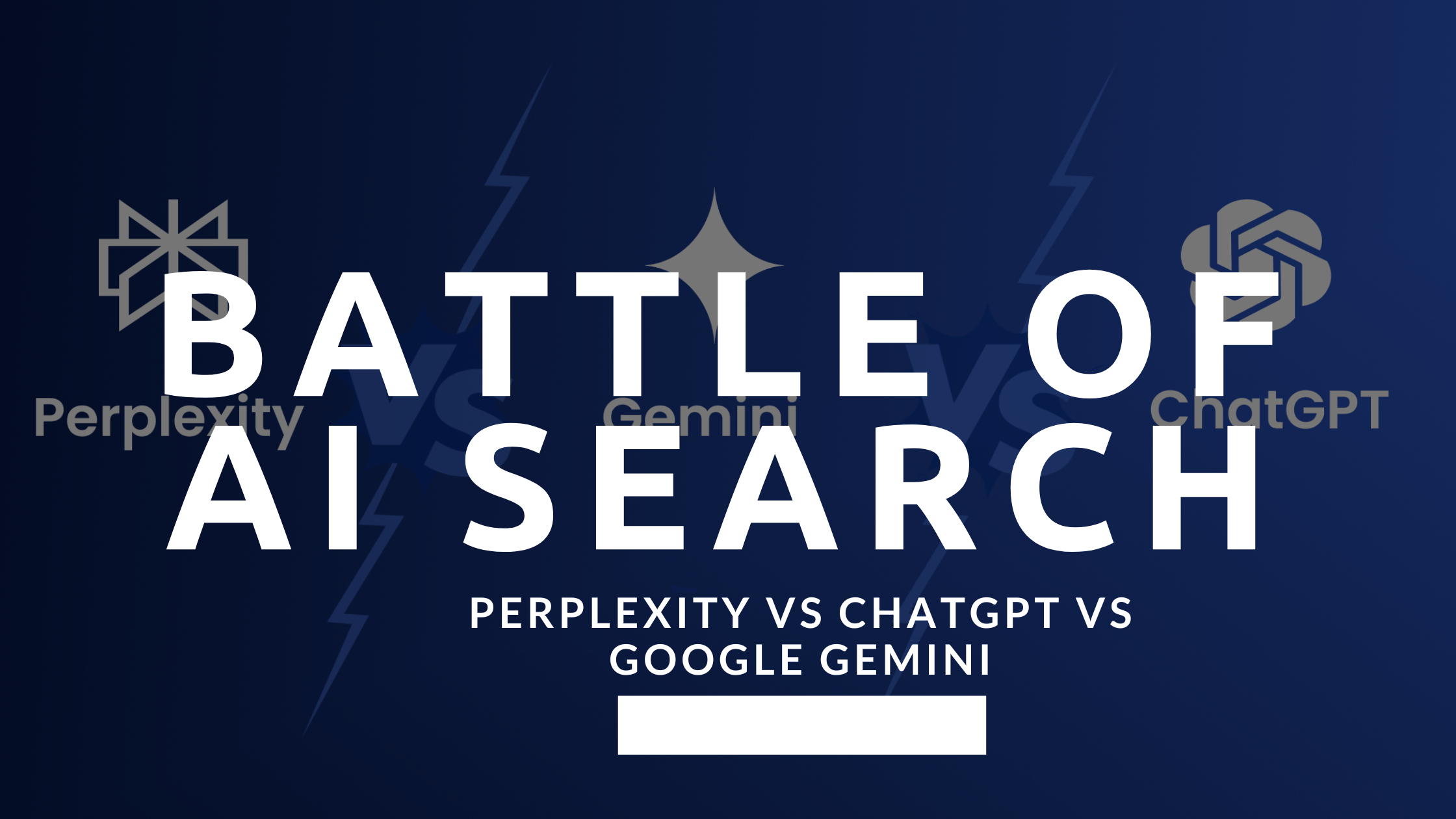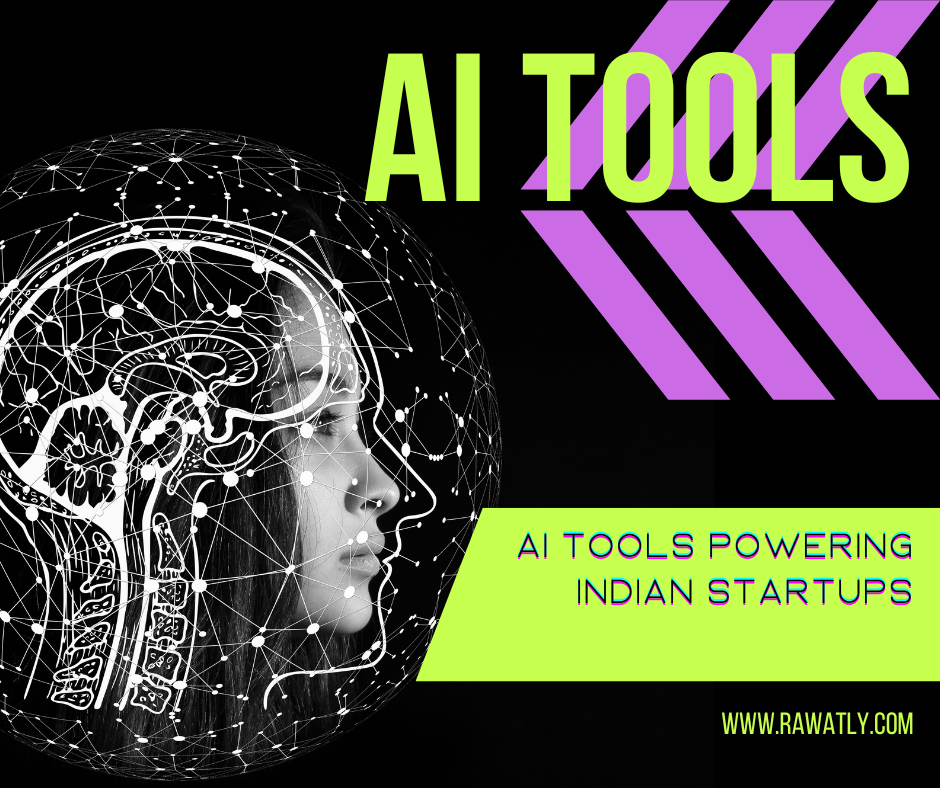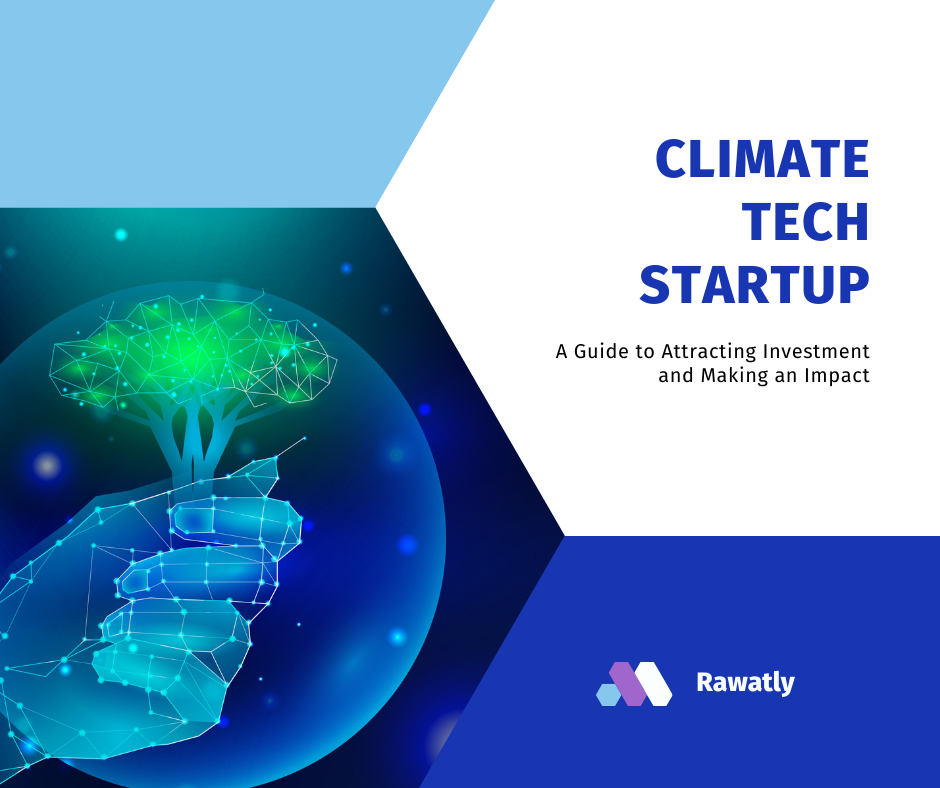
In the ever-evolving landscape of artificial intelligence, a new contender has emerged to challenge the dominance of traditional search engines. OpenAI, the renowned AI research company, has unveiled its latest creation – SearchGPT, an AI-powered search engine that aims to redefine how we discover and access information online.
The rise of SearchGPT comes at a time when the search industry has been largely dominated by tech giants like Google, whose search engine has become synonymous with the very act of searching the web. However, OpenAI’s bold move signals a potential shift in the balance of power, as the company leverages its cutting-edge AI technology to offer a unique and innovative approach to search.
WhatsApp Gets Meta AI Chatbot In Hindi And More Languages To Tap Millions Of Users
The Power of Language Models
At the heart of SearchGPT is the company’s groundbreaking language model, which serves as the backbone of the search engine. Unlike conventional search algorithms that rely heavily on keyword matching and web crawling, SearchGPT harnesses the power of large language models to understand and interpret natural language queries in a more nuanced and contextual way.

These language models, such as OpenAI’s own GPT-3, are trained on vast amounts of textual data, allowing them to grasp the semantic meaning and intent behind user queries. This enables SearchGPT to provide more relevant, coherent, and tailored search results, going beyond the simple pattern matching of traditional search engines.
“The key advantage of SearchGPT is its ability to truly understand the user’s intent and provide responses that are contextually relevant,” explains Dr. Emily Chen, lead researcher at OpenAI’s search division. “By tapping into the rich knowledge and language comprehension capabilities of our AI models, we can deliver search experiences that are more intuitive, engaging, and ultimately more valuable to the user.”
Conversational Search Experience
One of the standout features of SearchGPT is its conversational search experience. Unlike the static, keyword-driven search results of Google, SearchGPT encourages a more dynamic and interactive dialogue between the user and the search engine.
When a user submits a query, SearchGPT not only returns relevant web pages but also engages in a back-and-forth conversation, probing for additional details, clarifying ambiguities, and providing follow-up suggestions. This conversational approach allows users to refine their searches, delve deeper into topics, and discover insights that might have been missed with a more traditional search.
“We wanted to create a search experience that feels more natural and human-like, where the user and the search engine work together to find the most relevant and useful information,” says Chen. “By turning search into a conversation, we can unlock a whole new level of understanding and discovery.”
Personalized Search Results
Another key aspect of SearchGPT is its ability to personalize the search experience for each individual user. Unlike Google’s one-size-fits-all approach, SearchGPT leverages user data and machine learning to tailor the search results and recommendations to the specific interests, preferences, and search history of the user.
This personalization goes beyond simple demographic information or location-based targeting. SearchGPT’s AI models can detect subtle nuances in a user’s search patterns, language usage, and even emotional state, to provide a highly customized and relevant search experience.
“We believe that the future of search lies in the ability to truly understand and cater to the unique needs and preferences of each individual user,” says Chen. “By harnessing the power of personalization, we can help users discover information and insights that are genuinely relevant and valuable to them, rather than just the most popular or generic results.”
Ethical Considerations
As with any powerful technology, the development of SearchGPT has raised important ethical considerations that OpenAI is actively addressing. The company is keenly aware of the potential for misuse or unintended consequences, and has implemented strict safeguards and guidelines to ensure the responsible and ethical deployment of the search engine.
One key concern is the potential for SearchGPT to amplify or reinforce biases and misinformation. To mitigate this, the company has invested heavily in developing robust content moderation and fact-checking systems, drawing on the expertise of leading researchers and ethicists in the field of AI.
“We recognize the immense responsibility that comes with building a search engine powered by AI,” says Chen. “That’s why we’ve made ethical considerations a core part of the development process, ensuring that SearchGPT operates in a transparent, accountable, and socially responsible manner.”
Google and Meta May Soon Have to Pay for Indian News Content
The Future of Search
As SearchGPT continues to evolve and refine its capabilities, the implications for the search industry as a whole are significant. The emergence of this AI-powered search engine could potentially disrupt the status quo, challenging the dominance of traditional search giants and pushing the boundaries of what is possible in the world of online information discovery.
“We believe that SearchGPT represents a fundamental shift in how people interact with and access information online,” says Chen. “By leveraging the power of language models and personalization, we’re creating a search experience that is more intuitive, engaging, and ultimately more valuable to the user.”
Only time will tell how the search landscape will evolve in the face of this new challenger. But one thing is certain: with the advent of SearchGPT, the race to redefine the future of search is on.
































